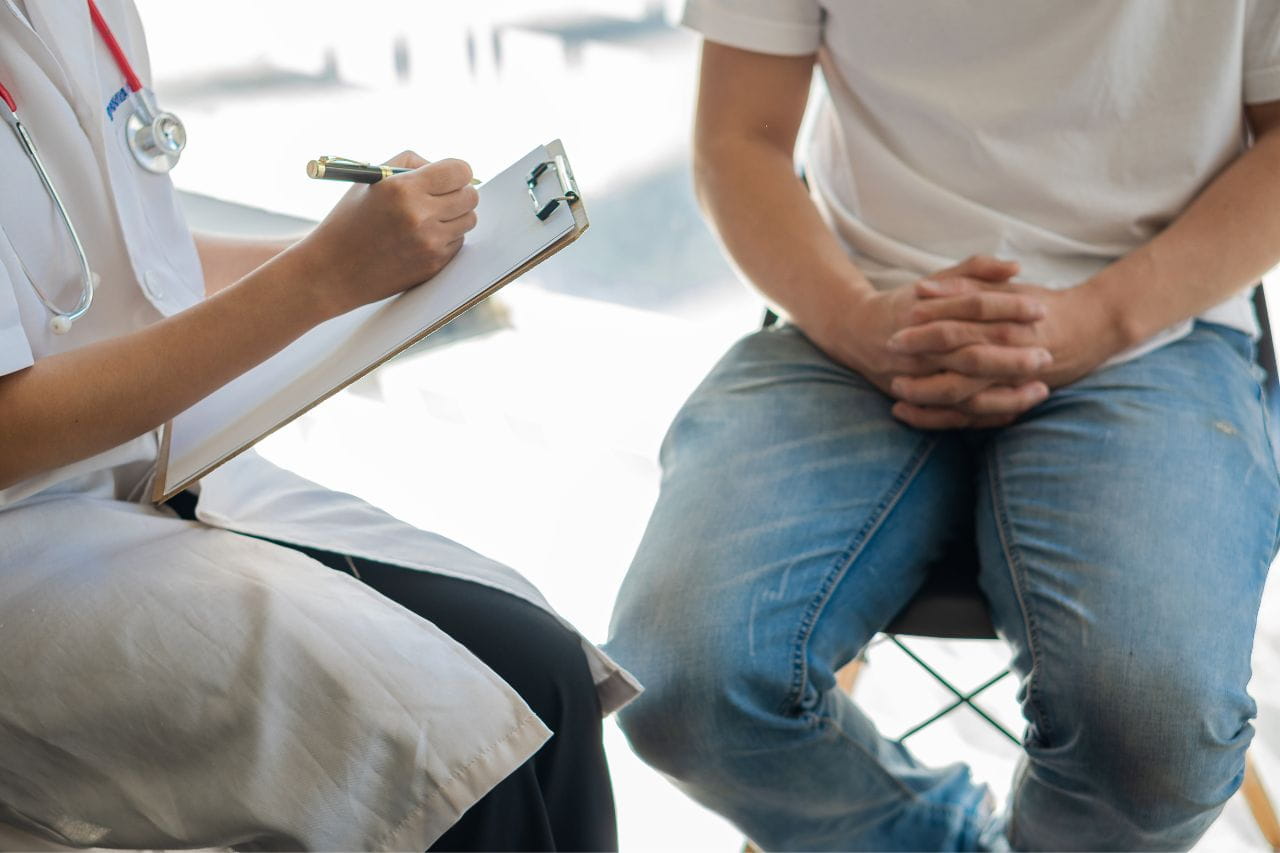15 Top Reasons to See a Urologist
.jpg?rev=50451c27e14b47438c89123c83b672d8)
A urologist is a medical doctor specializing in problems affecting the urinary tract, meaning the kidneys, bladder, ureters and urethra. They diagnose and treat these conditions in men, women and children. Urologists also address conditions affecting the male reproductive system.
This article lists 15 of the most common reasons people see a urologist, including issues affecting both sexes and those unique to men or women.
General Reasons to See a Urologist
Below are some of the most common symptoms that cause men and women to seek help from a urologist:
1. You have trouble controlling your bladder.
Loss of bladder control can cause anything from occasional leaks when you laugh or sneeze to not making it to the bathroom in time when a sudden need to go occurs. It’s a common condition, but it can be embarrassing and frustrating.
2. You experience ongoing bladder pain.
Interstitial cystitis, also called bladder pain syndrome, causes chronic pain and pressure in the bladder, sudden urges to urinate and increased frequency of urination. It’s unclear why this condition develops, and there is no cure, but urologists can prescribe treatments to relieve symptoms.
3. You see blood in your urine.
Several conditions can cause blood in the urine. This includes minor problems like infections and more serious issues like prostate or kidney cancer.
4. You have severe pain in your lower stomach, back or side.
This can be a sign of kidney stones, which are small, hard mineral deposits that develop in the kidneys. You can eliminate them in your urine without symptoms if they're small enough. Larger kidney stones can cause intense pain in your back or side, blood in your urine, vomiting, fever, chills and other symptoms.
5. You develop difficulty urinating.
Problems urinating, such as trouble starting or stopping, can have many causes, including infections, pelvic neuropathy, bladder muscle dysfunction, medication side effects, benign prostatic hyperplasia, cancer and the effects of aging.
Why Men Use Urology Services
These symptoms or conditions are reasons to see a urologist:
6. You notice changes in your penis or testicles.
Many conditions can affect the penis or testicles, causing lumps, bumps, changes in size, etc. Infections, cysts and penile or testicular cancer are a few of them.
7. You experience erectile dysfunction.
ED (sometimes called impotence) is the inability to achieve or maintain an erection. It’s increasingly common with age, but doctors can prescribe medication to address it. It’s important to talk with a urologist about ED since several medical conditions can cause it.
8. You want to be checked for male infertility.
Infertility can affect men and women. Urologists address the condition in men, where it can have several causes, including low sperm count, hormonal problems and lifestyle factors.
9. Your sex drive has decreased.
Lack of desire for sex can be a symptom of low testosterone. Low T can also cause fatigue, sleep disorders and erectile dysfunction.
10. You experience pain when urinating or ejaculating.
Along with other pain or discomfort (such as in the testicles or scrotum) and cloudiness or blood in the urine, these symptoms can point to an infection called prostatitis.
11. You need circumcision services.
Urologists can perform circumcision, which is the surgical removal of the foreskin of the penis.
Why Women Use Urology Services
You may need urology care if you experience any of the following:
12. You have recurring urinary tract infections.
UTIs are infections in the urinary tract. They can cause pain or burning when urinating, a strong urge to go, cloudy or bloody urine, pain in the pelvis or lower abdomen and other symptoms. If you experience recurring UTIs (often defined as more than two in six months or three in a year), it’s recommended that you talk with a urologist.
13. You feel pain or fullness in your pelvis.
Bladder prolapse, also called cystocele, is a condition where the bladder drops into the vagina. It occurs because muscles and ligaments supporting the bladder weaken and let it sag. In addition to pelvic pain or fullness, the condition can cause problems urinating, the sensation that you have to go even though you just finished and a bulge in your vagina.
14. You experience urine or stool leakage through your vagina.
This can be caused by fistulas, which are abnormal connections between organs, such as the bladder or rectum and the vagina.
15. You have urinary tract problems related to menopause.
Declining estrogen levels in menopause can change urethra and bladder tissue, leading to issues like urinary incontinence and increased UTI risk.
Get Help With Urological Conditions From Baptist Health
If you experience symptoms of a urological condition, Baptist Health can help. Talk with your primary care physician about them. If appropriate, they can refer you to a urologist.
You can find a Baptist Health physician in our online provider directory.



.jpg?rev=0037cb00980a4b5ebb00750849d9cde6)